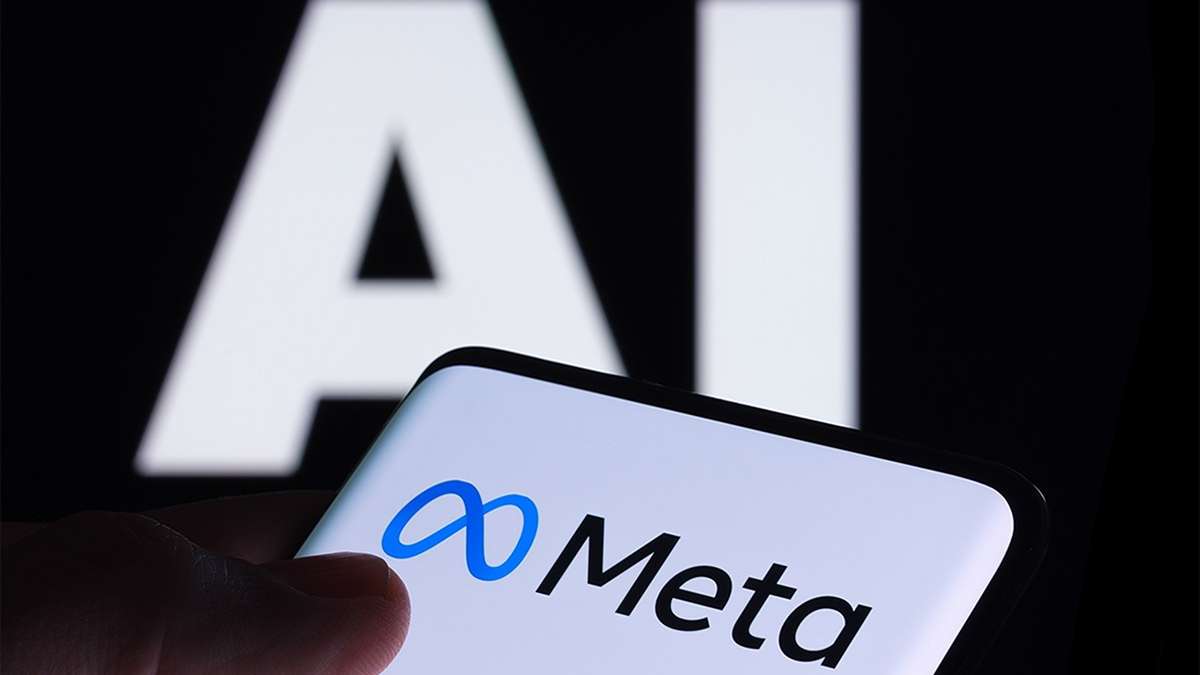02/19/2024 – 1:27
A group of 20 technology companies announced on Friday (16) that they have agreed to work together to prevent misleading AI content from interfering in elections around the world this year.
The rapid growth of generative artificial intelligence (AI), which can generate text, images and videos in seconds in response to requests, has raised concerns that the new technology could be used to influence key elections this year, with more than half of the world's population set to go to the polls.
Signatories to the technology deal, announced at the Munich Security Conference, include companies that build generative AI models used to create content, including OpenAI, Microsoft and Adobe.
Other signatories include social media platforms that will face the challenge of keeping harmful content off their sites, such as Meta Platforms, TikTok, and X, formerly known as Twitter.
The agreement includes commitments to collaborate on developing tools to detect misleading images, video, and audio generated by artificial intelligence, create public awareness campaigns to educate voters about misleading content, and take action on such content on its services.
Technology used to identify AI-generated content or certify its origin could include watermarking or embedding metadata, the companies said.
The agreement did not specify a timetable for fulfilling the obligations or how each company would implement them.
“I think the benefit of this (agreement) is the breadth of companies that are signing it,” said Nick Clegg, head of global affairs at Meta Platforms.
“It would be all well and good if individual platforms developed new policies for disclosure, source, labeling, watermarking and so on, but unless there is a broader commitment to do this in a common and interoperable way, we will be stuck with a hodgepodge of different things,” Clegg said.
Generative AI is already being used to influence politics and even convince people not to vote.
In January, a robocall using a fake voice of President Biden spread among New Hampshire voters, urging them to stay home during the state's presidential primary.
Despite the popularity of text generators like OpenAI's ChatGPT, tech companies will focus on preventing the harmful effects of AI-powered images, video and audio, in part because people tend to be more skeptical of text, said Dana Rao, chief executive officer of Trust Adobe. In an interview.
“There is an emotional connection with audio, video and images,” he said. “Your brain is wired to believe this type of media.”
follow her that it In the Google News And receive alerts about major news

“Hardcore beer fanatic. Falls down a lot. Professional coffee fan. Music ninja.”






More Stories
Sabesp Receives Brazil Innovation Value Award 2024 • PortalR3
Total formal job creation reached 201.7 thousand in June, up 29.6% | Economy
10,000 Brazilian Reals are waiting for you at Nubank? Find out who can get this money!